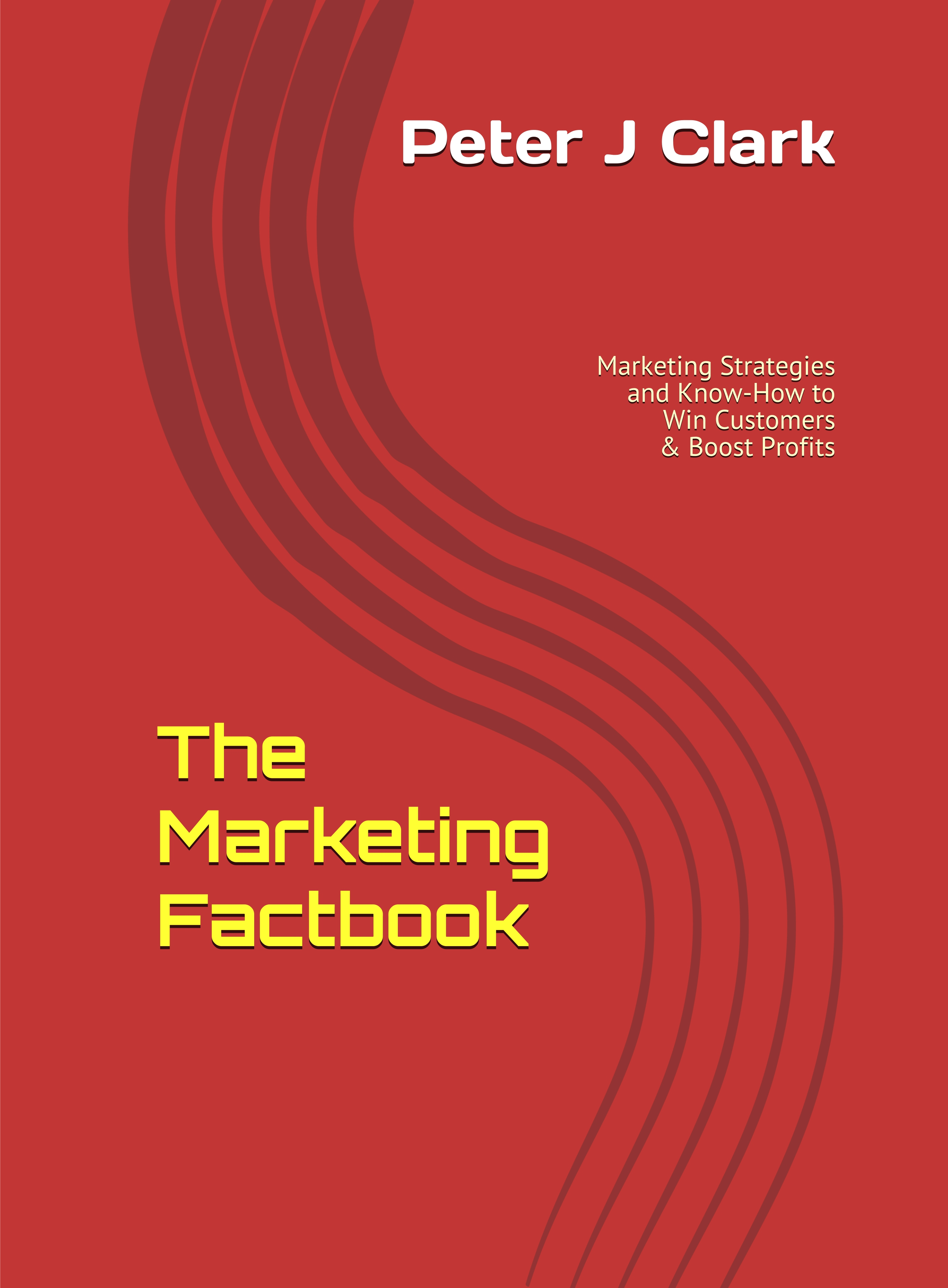Critical insights lost through 'no-reply' emails
Despite a great deal of talk among marketers about the potential of social media and its influence on e-mail marketing, there is a marketing 'sin' that is not only common but also often cited as a 'best practice' despite the fact that it annoys 29% of consumers, according to Peter McCormick, general manager for on-demand email specialist ExactTarget.
The so-called 'sin' to which McCormick refers is the 'no-reply' email address that is so often used for marketing e-mails, effectively meaning that consumers can't simply click their 'reply' button and give their feedback.
Clearly, many marketers feel that there are good reasons for this approach, with the most obvious being "I haven't got the time or manpower to answer all the potential replies". This may be true, but it also communicates to the customer a lack of both value and service.
"Some have referred to what we are observing in social media as a revolution. But for marketers, the revolution lies not in the tools, not in the speed, and not even in the ability of consumers to communicate with each other," says McCormick. "For marketers, the revolution is that the focus of marketing is changing from selling to serving. Good marketing is increasingly less about creating compelling messages and more about providing excellent customer service. There is an abundance of slick marketing messages, but what makes companies stand out from the clutter is an authentic commitment to incredible customer service."
So the 'no-reply' entry in the marketing message's header raises an immediate red flag for many consumers, who see such emails as a very one-sided dialogue, communicating that "this message is about us, and we don't have time to listen to you."
According to data from Forrester's 'Winning Email in a Down Economy' study, 29% of consumers want the ability to write back to marketers who send them e-mail messages. However, only 11% said they want to use e-mail more like they use social networks. In fact, this suggests that if marketers were listening via e-mail in the first place, consumers may not feel such a strong need to post brand complaints on Facebook and Twitter - which, if not spotted and addressed quickly by the brand, can often be embarassing or even damaging to the brand's image.
Interestingly, while many internet service providers are developing their own anti-spam measures to help keep customers' mailboxes clean and safe, a number of them are now checking to see whether their customers reply to senders of messages that could potentially be spam - and if the number of replies from customers reaches a particular threshold, it is assumed that the sender is not a spammer but a legitimate marketer.
In other words, ISPs are beginning to measure customer engagement with marketers, albeit on a very rudimentary level. But this trend means that providing a working address instead of a 'no-reply' address can actually help future marketing messages' deliverability with many of the world's ISPs and email service providers.
There will always be plenty of challenges associated with inviting a potential onslaught of incoming messages after sending out a large e-mail campaign (for example, customer service bandwidth might be negatively impacted), but marketers must develop the means of collecting insights from this kind of feedback, however daunting the task may initially seem, and circulating those insights to the entire company.
Sources: ExactTarget / The Marketing Factbook.
Copyright © 2010 - 2025 The Marketing Factbook.
Categorised as:
- Customer Experience
- Knowing The Customer
- Marketing Know-How
- Marketing Technology
